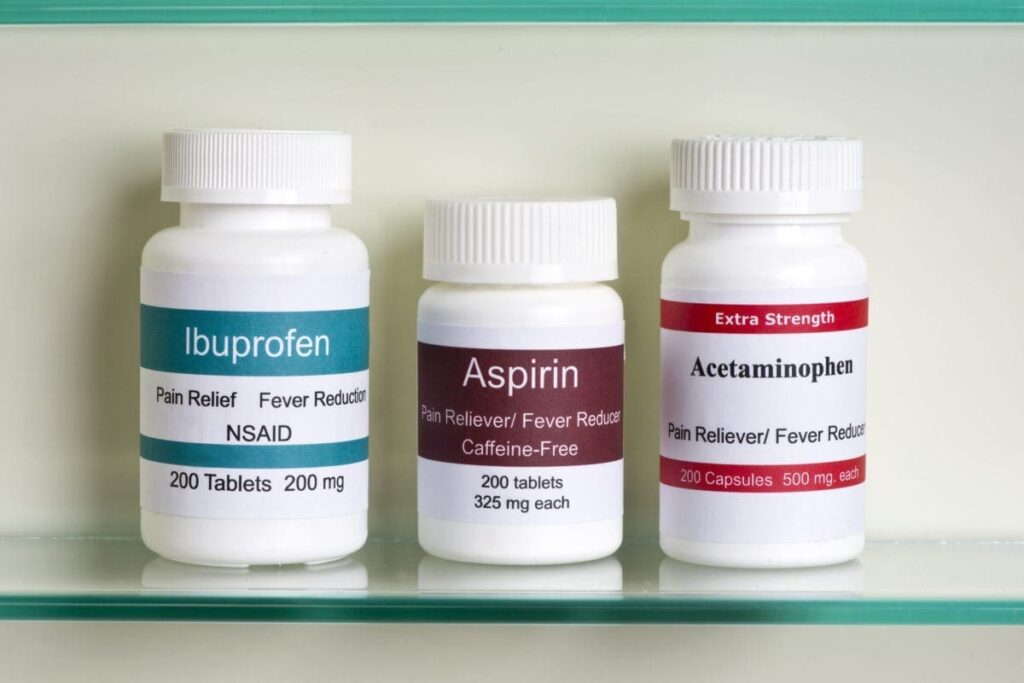Menstrual cramps are a common experience for many, yet they are often surrounded by misconceptions and misunderstandings. While some view them as a minor inconvenience, others suffer from intense pain that disrupts their daily lives. Understanding the realities of menstrual cramps, including their causes and effective management strategies, can help dispel these myths and provide relief to those who need it.
Table of Contents
What Are Menstrual Cramps?
Menstrual cramps, or dysmenorrhea, are pains experienced in the lower abdomen during a menstrual period. These cramps are caused by the contraction of the uterus as it sheds its lining. They can range from mild to severe and can affect daily activities.
Causes of Menstrual Cramps
– Hormonal Imbalance: The primary cause of menstrual cramps is the increased production of prostaglandins, which are hormones that cause the uterine muscles to contract. Higher levels of these hormones lead to more intense cramps.
– Primary Dysmenorrhea: This type of cramping is not associated with any other condition and typically begins shortly before menstruation and lasts for a few days.
– Secondary Dysmenorrhea: This is related to an underlying condition such as endometriosis, fibroids, or pelvic inflammatory disease, and may start earlier in the menstrual cycle and last longer.
– Genetics: Family history can play a role in the severity of menstrual cramps. If your mother or sister experienced severe cramps, you might be more likely to experience them as well.
How to Manage Menstrual Cramps
– Over-the-Counter Pain Relief: Medications like ibuprofen and naproxen can help reduce inflammation and relieve pain. These should be taken as directed for best results.

– Heat Therapy: Applying a heating pad or warm compress to the lower abdomen can help relax the uterine muscles and alleviate pain.

– Exercise: Regular physical activity can improve blood flow and reduce the severity of cramps. Activities such as walking or gentle yoga can be particularly beneficial.

– Diet and Hydration: Eating a balanced diet rich in vitamins and minerals and staying hydrated can help manage symptoms. Avoiding excessive caffeine and salty foods may also reduce bloating and discomfort.

Myths About Menstrual Cramps
1. Myth: Only Young Women Experience Menstrual Cramps.
Truth: Menstrual cramps can affect individuals of any age, not just young women. People may experience cramps at various stages of life, including adulthood.
2. Myth: Heat Exacerbates Menstrual Cramps.
Truth: Heat can actually help relieve menstrual cramps. Applying a heating pad or warm compress can relax the muscles and ease the pain.
3. Myth: Menstrual Cramps Stop After Childbirth.
Truth: Menstrual cramps might change after childbirth, but they don’t necessarily stop. Some people may continue to experience cramps, while others might see an improvement.
4. Myth: Drinking Cold Water Makes Menstrual Cramps Worse.
Truth: There is no evidence that drinking cold water affects menstrual cramps. Staying hydrated is important, regardless of the water temperature.
5. Myth: Painkillers Should Be Avoided for Menstrual Cramps.
Truth: Over-the-counter painkillers, such as ibuprofen, are often recommended to help manage menstrual cramps. They work by reducing inflammation and relieving pain.
6. Myth: Exercise Makes Menstrual Cramps Worse.
Truth: Regular exercise can actually help reduce menstrual cramps. Physical activity increases blood flow and releases endorphins, which can help relieve pain and improve mood.
7. Myth: Skipping Periods with Medicine is Harmful.
Truth: Using hormonal contraceptives to skip periods can be safe and effective for managing severe menstrual cramps or for convenience, as long as it’s done under medical supervision.
Conclusion
Understanding menstrual cramps and how to manage them effectively can make a significant difference in your daily life. If you have concerns or need further guidance, Health Authentica is here to support you with reliable information and expert advice tailored to your needs.










